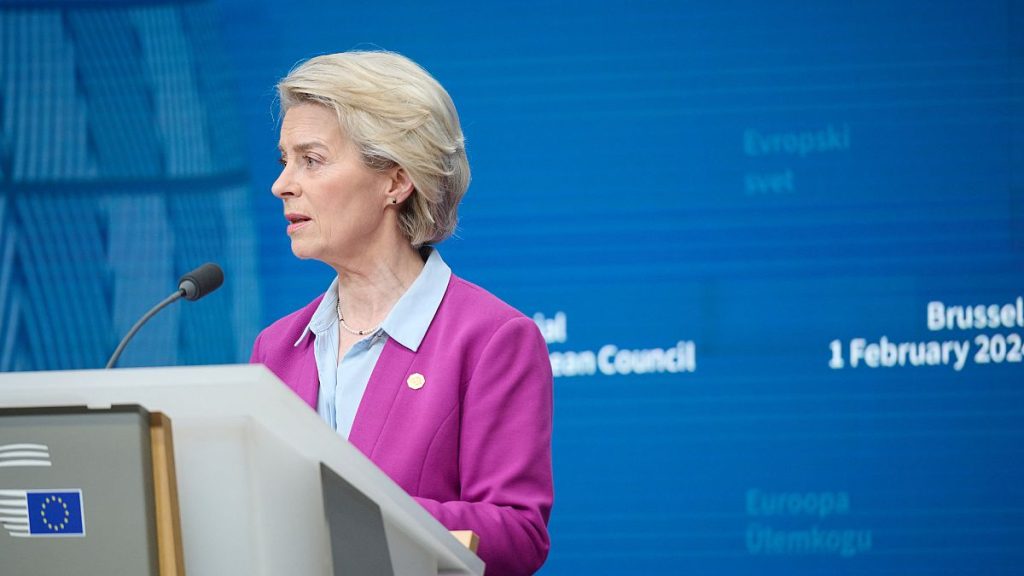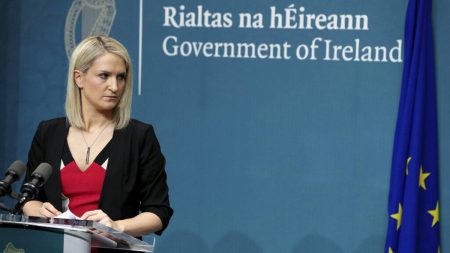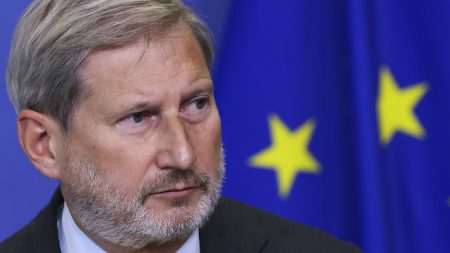The European Commission is facing a human resource crisis as controversial small-business envoy Markus Pieper has decided not to take up his duties after a decision to hand him a lucrative official post was rescinded by MEPs. Pieper, a member of the same German political party as Commission President Ursula von der Leyen, accused EU Industry Commissioner Thierry Breton of boycotting his appointment for party political reasons. This scandal has complex repercussions ahead of the European elections due in June, with Pieper suggesting that future Commission recruitments could be influenced by the potential rise in support for right-wing parties.
The controversy surrounding Pieper’s appointment comes at a sensitive time in Brussels, where changeovers are pending in both the Commission and Parliament. Von der Leyen is campaigning for a second term in office as the candidate of the centre-right European People’s Party, but she is unlikely to win an outright majority. This means that she will likely have to form a coalition with MEPs who are currently her rivals. The scandal has been used by opposition lawmakers to criticize von der Leyen’s judgment in appointing Pieper, with the Socialists and Democrats calling his resignation the only way out of the situation created by the EPP.
EU hiring crises can have a significant impact, as evidenced by past scandals such as the resignation of a Commission president after a Commissioner hired a dentist to a senior advisory position in 1999. The EU’s Ombudsman has raised concerns about the politicization of official roles in the Commission, noting that there has been a drift towards overt politicization in the senior decision-making body. While the Ombudsman did not refer directly to the Pieper case, she highlighted the need to ensure that proper procedures are followed in the selection process for official roles to prevent further politicization of the system.
The decision to rescind Pieper’s appointment was made by MEPs in a vote of 382-144 after allegations surfaced that he scored lower on assessment tests than other candidates and was not supported by Commissioner Breton, who oversees the portfolio for the role. This raised concerns about potential political interference in official recruitments and led to calls for greater transparency and accountability in the selection process. Commission Chief Spokesperson Eric Mamer acknowledged that the pre-election turbulence played a role in the controversy but emphasized the need to wait for a better environment for future procedures.
Despite the controversy surrounding Pieper’s appointment, the EPP, von der Leyen’s party, did not immediately respond to requests for comment. The scandal has highlighted the risks of political interference in official appointments in the European Commission and the need to ensure that proper procedures are followed to maintain the integrity of the selection process. While the Pieper case has drawn attention to the issue of politicization in the Commission, there is no indication that further investigation is necessary, as the Commission maintains that it followed all relevant procedures in the selection process for official roles.















